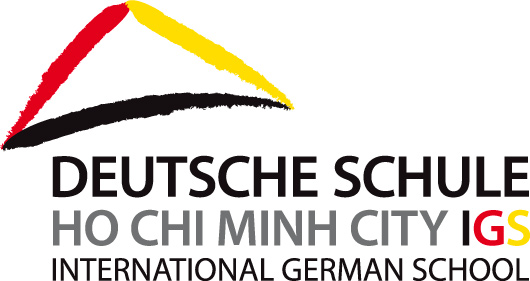Evaluation of the parent survey – area school
The school thanks parents for their participation in the online IGS survey. The school received feedback from 37 parents from different grades. The questions are first evaluated in full before individual aspects are presented.
In addition to the fact that there were classes at all, positive aspects of online teaching related primarily to the individual, continuous work as well as the promotion of independent work and self-organization of the pupils.
When asked about the students’ progress, a typical statistical Gaussian curve emerges, the center of which shifted somewhat by one level into the negative. Of course, it was to be expected that online lessons could not completely replace regular lessons.
Regarding the disadvantageous aspects, it can be said that single parents expressed themselves on the screen for too long periods, which was seen as the possible cause of sleep disorders during the Covid-19-related closures. As expected, many parents also noticed the limits of online learning, particularly in the lack of social interaction. Lack of communication, both between teachers and students was reported by the parents. This was partly reports of impairments due to technical problems – communication is more than hearing and seeing.
The most detailed answers concerned the effects on the family. While over a third of the parents saw little influence on family life, there were smaller or larger challenges for those in the lower grades in particular, which some parents were able to overcome after initial difficulties. Others, especially working primary school parents, were more affected. They report on the need to provide technical support or to be present at home in order to respond to the needs of the children, prepare the food, etc.
According to some parents, the biggest challenge for the children was the need to motivate themselves to work on the screen without the usual interaction and to concentrate on the lessons. Signs of fatigue, overwork and increasing passivity were reported.
When asked whether positive aspects could also be seen, the parents were divided. Only individual parents have given specifics here.
When asked about opportunities for improvement, the parents made individual suggestions. The most common was the desire of the parents for more contact with other parents in the class and more frequent feedback overall. A remarkable number of parents used this question to express thanks for the good and committed work of the college. Of course, there was also a wish that regular classes could take place again as soon as possible.
At the end of the analysis of the parent questionnaire, one can consider differences between the individual age groups and individual subjects. Parents were particularly challenged in primary school. Individual parents wanted even more intensive individual support, while other parents also clearly saw the limits of online teaching in primary school. The parents of older pupils sometimes had the desire for larger and more complex tasks.
In response to questions from the college and from individual students, different pictures emerged depending on the subject being taught. While in mathematics or in narrow sub-areas of language teaching, some significant increases in learning were reported, those subjects that relied on real encounters, experiments and the illustration of processes showed challenges that were difficult or impossible to compensate for online.
We thank the 37 parents who took part in the survey. If you have not reached the questionnaire, please contact the school office to check your contact details. Our teachers and students also took part in surveys, the results of which we will publish shortly.
Ulrich Erfort

